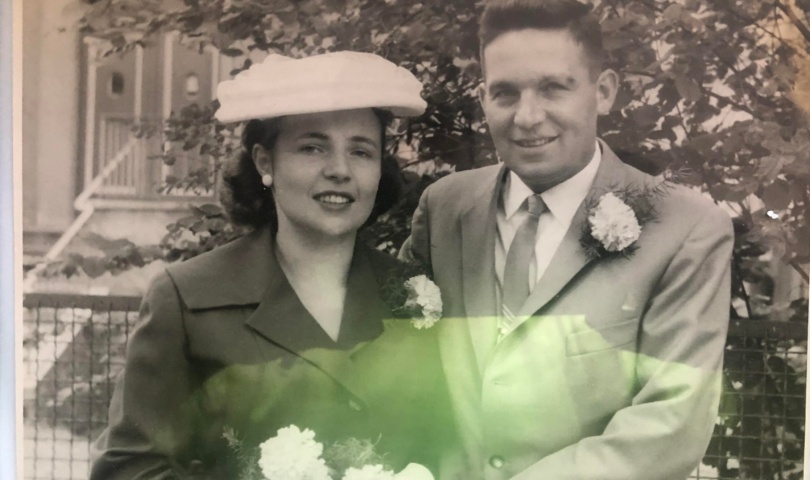I wrote Rebeka Huskey’s story four years ago. At that time it was printed in the Mackinac Journal. Some folks will remember it, but for those who didn’t see it, I’ll run it here with updates. Rebeka chose not to elaborate in great detail about the atrocities she witnessed because it was too painful to recall the sights, sounds, and smells of the Holocaust. I was the first person other than her husband and close family members to hear her account. Today it is with sorrow that I write Rebeka left this world Thursday April 14, 2022, two days prior to her 93rd birthday. Her last words were spoken to her nephews, Mike Galagher of California and Donald Bennett of Colorado to whom she said, “Thank you, thank you, thank you.” Another nephew, Jim Killips of the Soo, was devoted to her and knew how much she meant to me. He contacted me and I had the honor of spending time with her and saying my final goodbyes. What follows is her story.
One winter day I was shopping at Walmart and the fellow standing next to me was wearing an Olympic jacket. Naturally I inquired if he was a member of a U. S. team. Jim Killips introduced himself and told me his aunt was a contributor to the Special Olympics, had received the jacket as a thank you gift and passed it along to him. He also told me she was a wonderful person who had survived the Holocaust.
This bit of information piqued my interest. I asked Jim if I could meet his aunt and tell her story. He said that unlike his history, “which would very likely put everyone to sleep,” his aunt’s story was about surviving one of the most horrific times in modern history. I gave him my phone number and left it at that. A few months later Mrs. Rebeka Huskey of Sault Ste. Marie, MI telephoned and said she was ready to speak of the days that forever changed her life. Shortly thereafter I was in the presence of a gracious, kind, and genuinely lovely lady.
When I arrived at her home, I was greeted by Rebeka who bore no outward sign of the heartache she had endured. She was busy knitting a pink hat. “I knit to pass the time,” she said. “I take turns giving hats to the Salvation Army and the Goodwill store.” She offered me refreshments and we visited like old friends. When a package was dropped off, she opened it and discovered four bottles of cologne. We liberally sprayed our wrists until her living room could have passed for a Chanel No. 5 fragrance counter. Then Rebeka leaned forward and began her story.
“My two sisters and I lived with our father in Wilno, a picturesque city in Poland. Wilno was a major industrial center at the time. Father owned a tailor shop and we had a good life. Mother passed away when I was seven so I don’t remember her, but I do remember having a happy childhood. That all changed when I was 12 years old and the war began. The Nazis took our homes, our businesses, and our property. Like cattle, Jews were rounded up and herded into two ghettos and soon the liquidation began.
“When it started, I didn’t really know what was going on,” Rebeka said. “My father and sisters knew. They tried to protect me. I attended an underground school where I learned German, Russian, and Lithuanian. As the war progressed, the knowledge of these languages was a great help to my survival.
“The Nazis were horrible. They killed the youngest to the oldest, and they killed without remorse. One especially horrific memory has never left me. Infants were torn from their mother’s arms, grabbed by their feet, and thrown head first against the walls. The Germans boasted they did this to ‘save bullets.’”
We were silent for a few minutes as Rebeka blinked away tears. Such memories fill her heart with sadness. I cannot imagine what she’s had to live with all these years or how she’s maintained a positive outlook on life. Soon her composure returned and she continued.
“I knew if I was going to live I would have to escape from the ghetto. There was a hole in the wall and with the help of friends, I escaped one night. Before I left, father told me to be strong. It was my strength and determination that helped me survive. With blue eyes and blonde hair, I could pass as a non-Jew. Father was considered a ‘useful Jew’ so he stayed in Wilno sewing uniforms for the occupiers. Shortly before the war’s end, the Nazis called out to people who were hiding. The Nazis said they needed them. As the Jews came out, they were shot in the street. My father was among those who were killed. I learned this from other survivors.”
Upon her escape, Rebeka was taken to a farm in Lithuania where she lived under the assumed name of Regina. When neighbors asked who she was, the farmer said she was an illegitimate daughter. This was the most logical explanation for her sudden appearance. “I didn’t know how to cook,” she said. “I worked in the field digging turnips, but within a short time I was taken out of the field and brought to the kitchen where I learned to cook.
Later, I worked as a maid in a home taken over by an SS officer. When he heard the Russians were coming, he left with his family. The Russians were our liberators, but when they marched in they took whatever they wanted. As they went from town to town, they discarded things like porcelain and fine china when they found something of greater value. The roads were littered with their stolen loot.
“I was at a farmhouse when the Russians entered. Everyone except me was hiding in the basement. When the soldiers came in, I told them I was Jewish. I was a brave, young girl. Because I could speak four languages, I acted as interpreter. I was one of the lucky ones. I escaped confinement in the concentration camps, but my family perished.”
When the war ended, Rebeka was 16. She met and married a man whose family had fled to Russia before the war. Because they got out early, they were in a better financial situation than other survivors. As displaced persons, Rebeka and her husband were sent to Berlin. She was determined not to let the war define who she was. She set out to be successful regardless of the hardship she had endured and the suffering she had witnessed. Her husband was a photographer and started a company called Central Cinema Company. Rebeka had become a good cook and opened a small restaurant in Frankfort. Eventually she opened a second one south of Frankfort. As time passed, so did her marriage and after being wed for 12 years, she and her husband parted.
Rebeka smiled as she recounted meeting the man who would be her second husband and the love of her life. She was working in her restaurant one day when a handsome G.I. walked in and ordered a beer. When she told him the price he asked if she was a gangster to which she replied, “Are you a wise guy.” Those few words began a courtship leading to a 26 year marriage.
Many readers will remember Robert Huskey, the tall American who said he wasn’t looking for a wife when he found Rebeka. When he retired from the Army, the couple made their home in the Sault where Robert was active in the VFW, the City Commission, and the VFW hockey team. He was a man who believed in duty and giving back. Rebeka recalled something he said a year before his passing. He told her, “I’ve paid all my debts.”
Those words still ring in Rebeka’s ears. Not many people can say with certainty they repaid all their debts. Members of the Third Reich made no retribution for their actions. There was no way those who filled the gas chambers could resurrect the millions of Jewish people they killed. Justice for survivors of the Holocaust did not come in the form of repayment, but in life. Of the 80,000 Jews who lived in Wilno, only 600 survived.
Rebeka is a strong yet gentle woman. I was honored to spend time with her and get acquainted with this precious lady who chooses to live her life to the fullest and find beauty in each new day. She is an inspiration to anyone who has the pleasure of meeting her and calling her a friend. Rebeka has been President of the Women’s Hospital Auxiliary, District President of the local VFW, a contributor to many charities, and as a cancer survivor, gives financial support for cancer research. She has a philosophy of giving, and sums up her attitude toward life like this. “Every day you get up and see the beautiful world God made for us is a holiday.”
Godspeed Rebeka. You will be missed by all who knew and loved you.
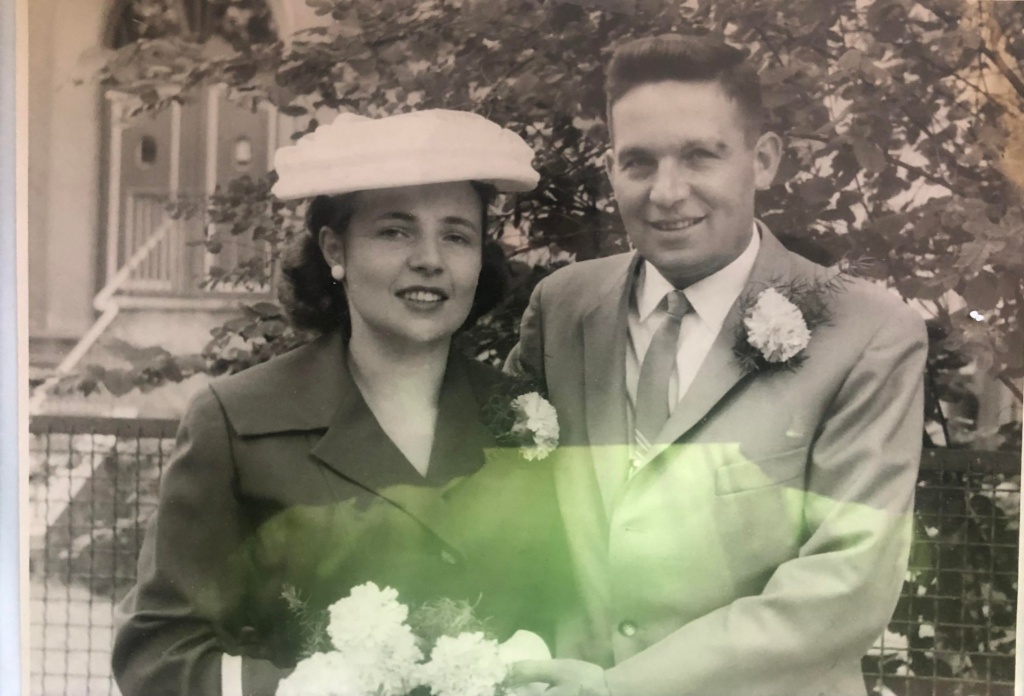
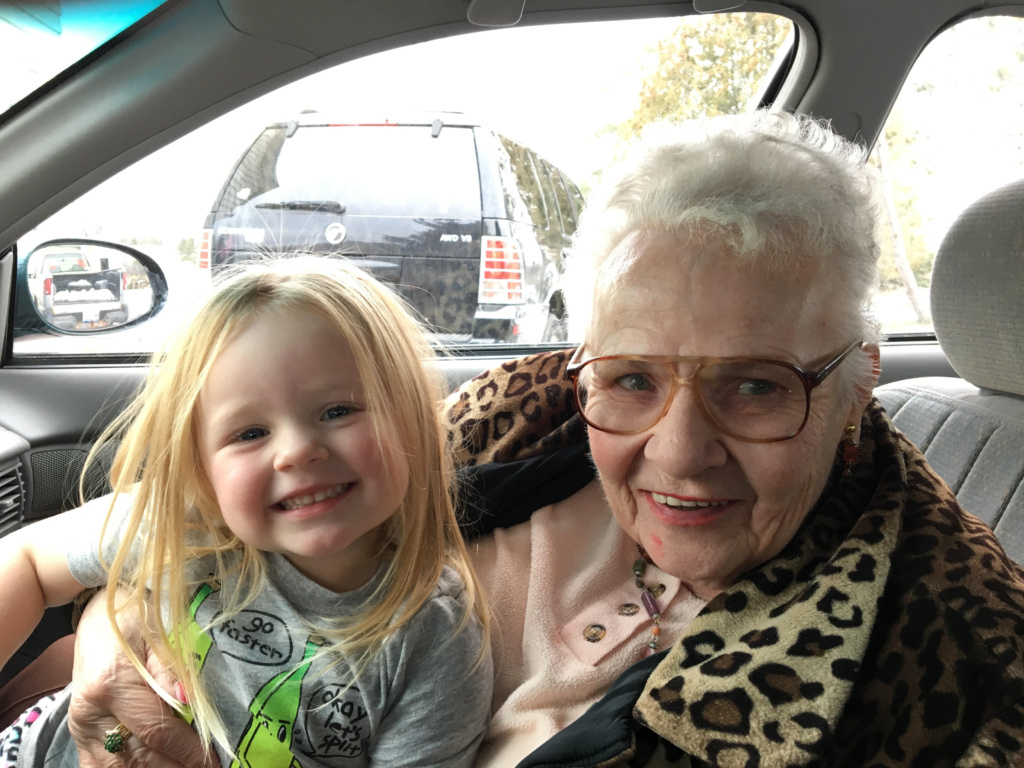
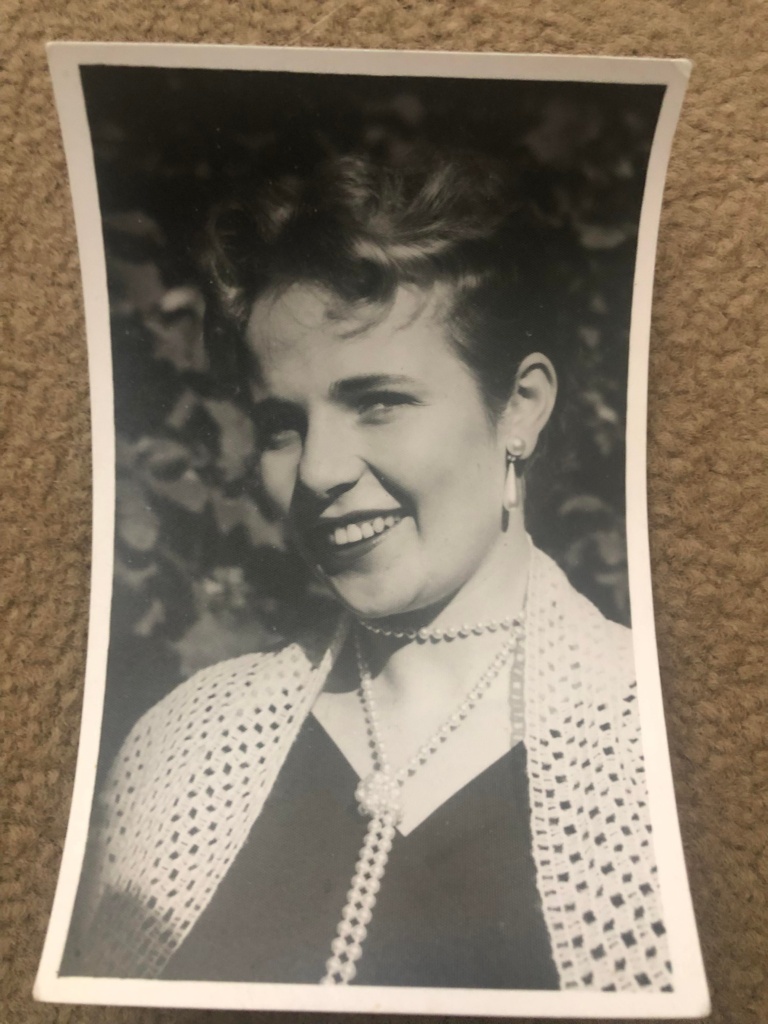
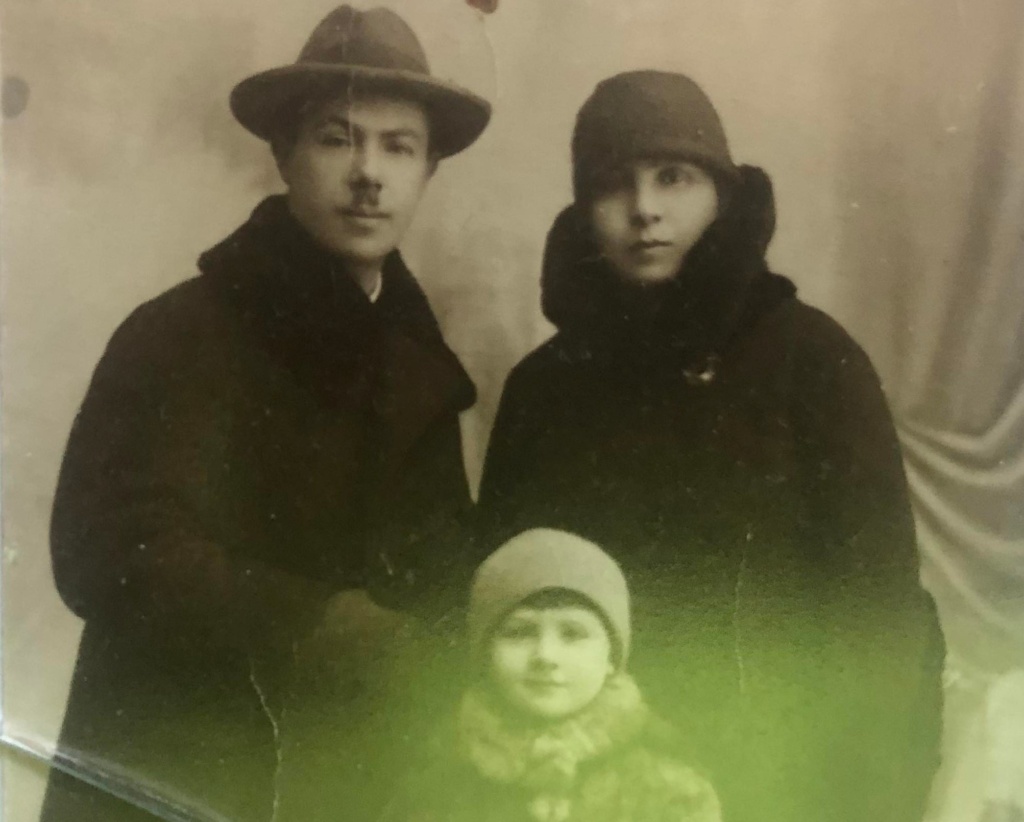
- Saying Goodbye to Charlie Brown - July 2, 2024
- Mike Lynn Says Farewell to Lynn Auto Parts, Inc. - November 25, 2022
- Sharon Kennedy:The Hay Fields of Tony Jarvie - August 11, 2022



